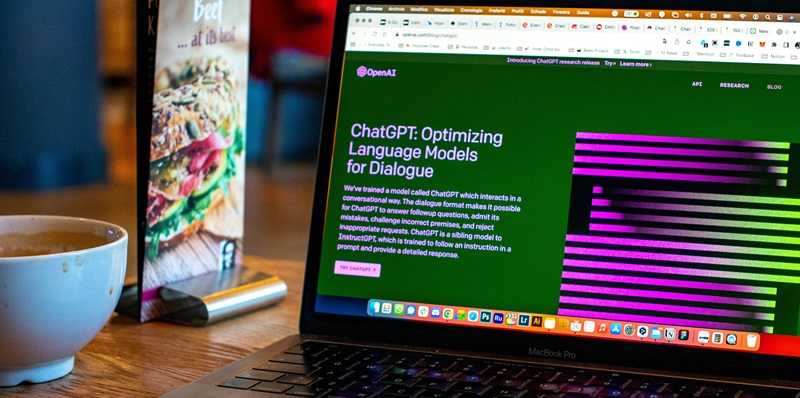As AI progresses, conversational agents like ChatGPT are being enhanced with memory capabilities, elevating user interactions to new heights of personalization. These agents now remember past conversations, making digital exchanges more akin to human interaction. However, such advancements in customization raise privacy and ethical data use concerns. OpenAI, among others in the field, is tasked with the delicate act of fostering personalized AI experiences while diligently protecting user privacy. This endeavor is crucial, as AI’s ability to remember and utilize conversational context has the potential to significantly improve user engagement, but not without responsibly handling sensitive information. The future of AI thus hinges on striking the right balance between personalization and privacy.
The Promise of Personalization
The introduction of memory capabilities in ChatGPT offers a plethora of benefits that could truly revolutionize the user interface. By remembering previous interactions, the AI can deliver a more coherent and contextually relevant experience with each use. This continuity mimics human conversation, fostering a sense of familiarity and connection that greatly enhances user engagement. It can recognize conversational patterns, preferences, and even emotional states, adjusting its responses to align more accurately with the user’s needs and expectations. The impact of such dynamic interactions is profound, potentially reducing the cognitive load on users and creating a more effortless and gratifying interface.
This revolutionary personalization isn’t limited to the mere reminiscence of past dialogue but extends to an understanding of the user’s life events, preferences, and behavioral nuances. ChatGPT’s ability to recall personal details such as family, health, or hobbies equips it to serve as a more insightful conversational partner. It can remind users of important tasks, provide health advice attuned to previously shared conditions, or engage in meaningful conversation about a user’s interests, thus forging a deeper bond. The potential to seamlessly integrate into one’s daily routine while providing supportive and customized interactions positions ChatGPT as an indispensable tool of the future.
Navigating Privacy Pitfalls
The integration of memory in ChatGPT offers clear advantages but also introduces serious privacy concerns. It resembles social media patterns of data handling, raising alarm over potential privacy violations and misuse. Users may unknowingly expose sensitive data to the AI, which could then be mishandled or shared inappropriately, compromising user trust.
Moreover, this feature could inadvertently bolster biases and create echo chambers, as the AI may feed users information that aligns with their past interactions, narrowing their worldview. It’s vital to implement strategies that introduce diverse perspectives and encourage critical thinking to avoid such filter bubbles.
To address these concerns, implementing robust privacy protections and ensuring transparent user agreements are critical. Promoting an AI environment that values user privacy while providing balanced content will help maintain trust and enrich the user experience.
Toward Responsible AI Engagement
OpenAI faces critical decisions in shaping the future of conversational AI, balancing personalization with privacy. Strengthened data protection measures and full transparency about data use are non-negotiable to earn user trust. Users should have control over and clear notification when their data is tapped into.
Furthermore, OpenAI could enhance ChatGPT to combat filter bubbles by encouraging exposure to diverse viewpoints and nurturing critical thinking. By prompting users to reflect on different perspectives and offering balanced opinions, ChatGPT could become a tool that promotes intellectual diversity.
As OpenAI forges ahead, the organization’s commitment to ethical data practices and fostering an expansive information ecosystem will be paramount. How OpenAI addresses these issues will set a standard for AI interactions and profoundly influence user engagement.

